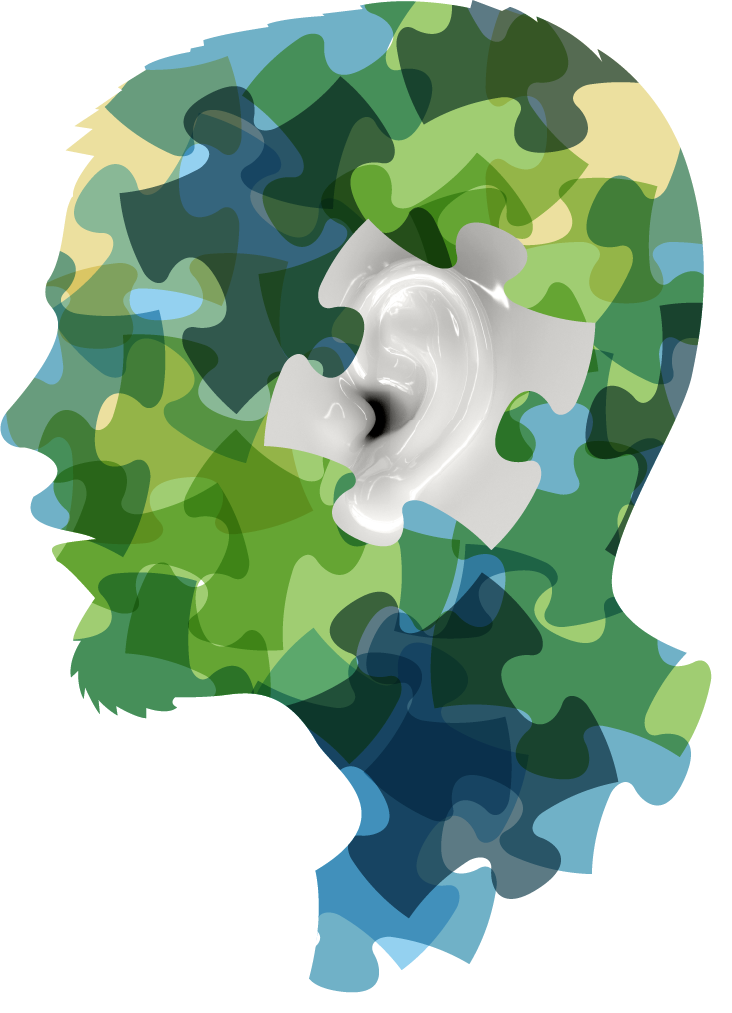Already a patient? Access your patient portal
Take a moment and listen to your hearing…
what is it telling you?


What sounds can you identify?
You may hear the hum of your air conditioner… people talking in the next room…the ping of an incoming text message… a speaker playing your favorite tune…the neighbor’s dog barking.
Sometimes we notice that we don’t hear as well as we once did.
Maybe the TV volume needs to be a little louder…the conversations are harder to follow…the people around you mumble…you miss the punchline that made everyone else laugh.
Often times changes in our hearing are gradual and hard to notice but once you and your loved ones become aware of challenges with hearing…it is time to get it checked. It is not that you can’t hear: the challenge is hearing well enough to be able to understand what is said.

It is estimated that 48 million Americans of all ages experience hearing loss, including 1 out of every 6 baby boomers.
Hearing loss can be caused by exposure to noise, biological changes associated with diabetes, heart disease and more. But most often hearing loss is associated with aging.
While you can’t stop aging – you can treat your hearing loss.
Call today for an appointment to schedule a hearing evaluation.
Sound waves are gathered by the outer ear and travel down the ear canal to the eardrum. The pressure of the sound waves cause the eardrum to vibrate which creates a chain reaction in a series of 3 small bones in your middle ear. The motion of these bones causes the fluid in your inner ear to move which then sends electrical impulses to your hearing nerve.
This is where your brain gets involved. Your brain immediately translates the sound into one we recognize and understand.
There are 4 basic types of hearing loss.
Sensorineural:
Occurs when there is a problem in the way the inner ear or hearing nerve works. This is the most common kind of age-related hearing loss.

To hear is to understand. And to understand is to know the world in all its sensory splendor. We hear with our ears, but it is not until sound reaches the brain that we identify and understand.
Research studies show a link between untreated hearing loss and an increased risk of dementia and cognitive decline. Like muscles, your brain craves activity and needs sound to keep it active.
Your Doctor of Audiology will work with you to gain a full understanding of your hearing challenges and hearing goals.